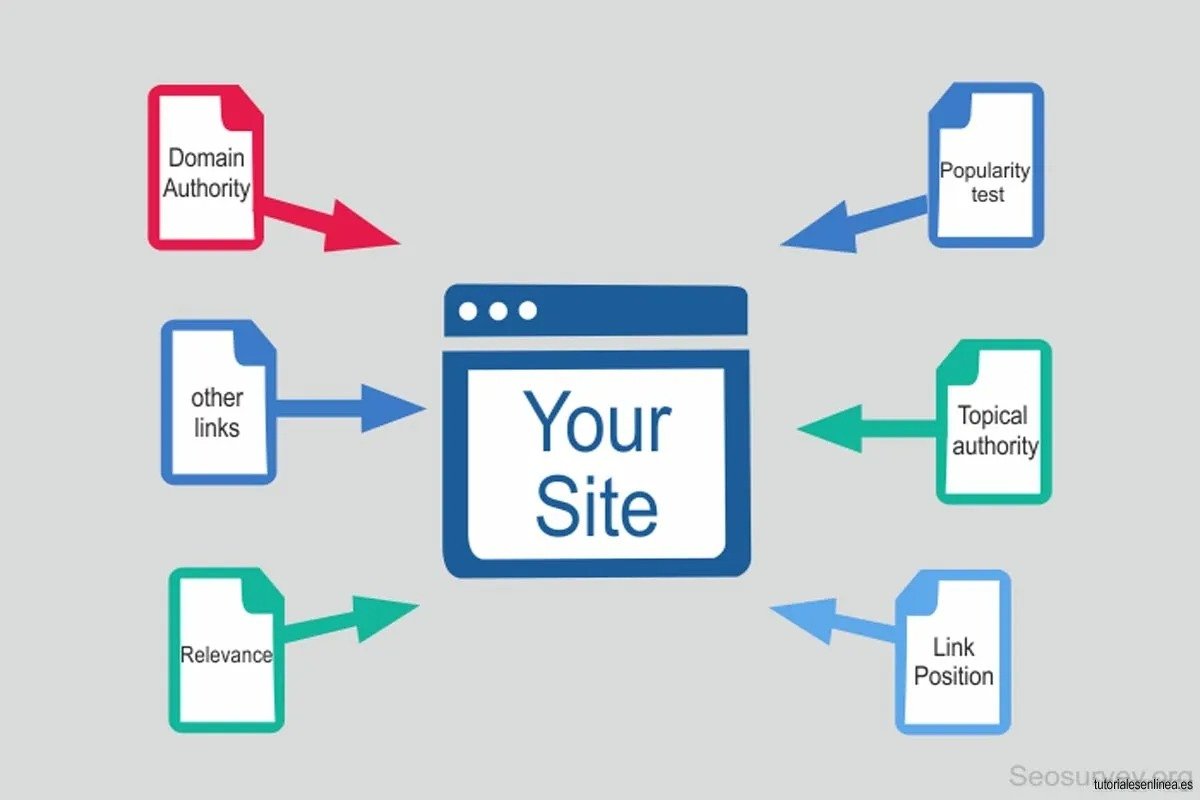Table of Contents
- 1 Introduction
- 2 Understanding Technical SEO
- 3 Importance of Technical SEO Audit
- 4 Preparing for a Technical SEO Audit
- 5 Step 1: Analyzing Website Structure
- 6 Step 2: Evaluating Website Speed
- 7 Step 3: Optimizing Website for Mobile
- 8 Step 4: Checking Indexing and Crawling
- 9 Step 5: Reviewing On-Page Elements
- 10 Step 6: Assessing Site Security
- 11 Step 7: Testing Website Accessibility
- 12 Step 8: Monitoring Website Analytics
- 13 Step 9: Fixing Technical Issues
- 14 Conclusion
- 15 FAQs
Introduction
In the fast-paced digital landscape, it’s crucial to ensure that your website is optimized for search engines. A technical SEO audit is a comprehensive examination of various technical aspects of your website to identify and address issues that may hinder its performance in search engine results. By conducting a technical SEO audit, you can improve your website’s visibility, organic traffic, and ultimately, your business’s online success. In this article, we will guide you through the process of performing a technical SEO audit for your website, focusing on key elements that include digital marketing services and SEO service.
Understanding Technical SEO
Before diving into the audit process, let’s first understand what technical SEO entails. Technical SEO involves optimizing the technical aspects of your website to enhance its visibility and crawlability by search engines. It encompasses factors such as website structure, speed, mobile responsiveness, indexing, security, and more. By addressing these technical elements, you can improve your website’s rankings and overall user experience.
Importance of Technical SEO Audit
A technical SEO audit is essential for maintaining and enhancing your website’s performance. It allows you to identify and rectify any technical issues that may impact your website’s visibility and search engine rankings. By conducting regular audits, you can ensure that your website remains up to date with the latest SEO best practices, providing a seamless experience for both users and search engines.
Preparing for a Technical SEO Audit
Before starting the audit, it’s essential to gather the necessary tools and information. Ensure you have access to your website’s analytics data, webmaster tools, and any other relevant SEO software. Additionally, create a checklist to track your progress and findings throughout the audit process.
Step 1: Analyzing Website Structure
The first step in a technical SEO audit is analyzing your website’s structure. Focus on the organization of your web pages, URL structure, and internal linking. Optimize your URLs to be concise, descriptive, and include relevant keywords, such as “digital marketing services” and “SEO service.” Check for any broken links, redirects, or issues that may hinder search engine crawlers from accessing and indexing your web pages effectively.
Step 2: Evaluating Website Speed
The user experience and SEO of a website are both highly dependent on its speed. High bounce rates and poor search engine rankings might result from slow-loading websites. Evaluate your website’s speed using tools like Google PageSpeed Insights. Optimize your images, enable browser caching, minify CSS and JavaScript files, and consider using a content delivery network (CDN) to improve your website’s loading time. This optimization will contribute to a positive user experience and better search engine rankings.
Step 3: Optimizing Website for Mobile
With the increasing use of mobile devices, optimizing your website for mobile is paramount. Mobile optimization ensures that your website displays correctly and functions seamlessly on different screen sizes. Use responsive design principles, optimize images for mobile viewing, and ensure that your website’s navigation is user-friendly on mobile devices. By prioritizing mobile optimization, you can enhance user experience, improve engagement, and boost your SEO performance.
Step 4: Checking Indexing and Crawling
Proper indexing and crawling are vital for search engines to understand and rank your website’s content. Verify that search engine crawlers can access and index your web pages correctly. Submit your sitemap to search engines and utilize tools like Google Search Console to monitor crawl errors and indexing status. Ensure that your website’s content is effectively crawled and indexed, including your digital marketing services and SEO service pages.
Step 5: Reviewing On-Page Elements
On-page elements play a significant role in SEO. Review and optimize elements such as meta titles, meta descriptions, heading tags (including H1, H2, H3, and H4), and keyword usage. Craft compelling meta titles and descriptions that incorporate relevant keywords like “digital marketing services” and “SEO service.” Use appropriate heading tags to structure your content and make it easily scannable for users and search engines.
Step 6: Assessing Site Security
Website security is crucial for user trust and search engine rankings. Evaluate your website’s security measures and ensure that it has an SSL certificate installed, providing a secure browsing experience for visitors. Implement additional security measures like firewall protection and regular backups to safeguard your website and user data. A secure website helps build credibility and positively impacts your SEO efforts.
Step 7: Testing Website Accessibility
Website accessibility is vital to ensure that all users, including those with disabilities, can access and navigate your website effectively. Perform accessibility tests to identify any accessibility barriers and make the necessary adjustments. Consider aspects such as alt tags for images, proper color contrast, keyboard accessibility, and clear navigation. By prioritizing accessibility, you create an inclusive user experience and enhance your website’s SEO performance.
Step 8: Monitoring Website Analytics
Regularly monitoring your website’s analytics data provides valuable insights into user behavior, traffic sources, and engagement metrics. Utilize tools like Google Analytics to understand how users interact with your website. Analyze key metrics such as page views, bounce rate, and conversion rates. This data helps you identify areas for improvement and gauge the effectiveness of your SEO strategies, including your digital marketing services and SEO service offerings.
Step 9: Fixing Technical Issues
Based on the findings from your technical SEO audit, create a prioritized action plan to address and fix any identified technical issues. Focus on resolving critical issues first, such as broken links, duplicate content, or slow-loading pages. Implement the necessary fixes and monitor the impact of these changes on your website’s performance. Continuously re-audit your website to ensure ongoing technical optimization and keep up with evolving SEO practices.
Conclusion
Performing a technical SEO audit is essential for optimizing your website’s performance in search engine results. By following the step-by-step process outlined in this article, you can identify and address technical issues that may be affecting your website’s visibility and rankings. Remember to incorporate keywords like “digital marketing services” and “SEO service” strategically throughout your audit and optimization efforts. Regular audits and continuous optimization will help you maintain a search engine-friendly website that attracts organic traffic, drives conversions, and supports your overall business goals.
FAQs
What is a technical SEO audit?
A technical SEO audit is a comprehensive examination of various technical aspects of a website to identify and address issues that may impact its performance in search engine results. It involves analyzing elements such as website structure, speed, mobile optimization, indexing, security, and more.
Why is a technical SEO audit important?
A technical SEO audit helps ensure that your website is optimized for search engines, enhancing its visibility, user experience, and search engine rankings. It allows you to identify and fix technical issues that may hinder your website’s performance and organic traffic.
How often should I perform a technical SEO audit?
It’s recommended to perform a technical SEO audit at least once every six months or after significant changes to your website. Regular audits help ensure that your website remains optimized and up to date with the latest SEO best practices.
Can I perform a technical SEO audit myself?
Yes, you can perform a technical SEO audit yourself using various tools and resources available online. However, for more complex websites or if you lack technical expertise, it may be beneficial to seek professional assistance.
What effect does mobile optimisation have on SEO?
Due to the importance of mobile-friendly websites in search engine rankings, mobile optimisation is essential for SEO. With the majority of users accessing the internet via mobile devices, optimizing your website for mobile ensures a positive user experience and improves your chances of ranking higher in search results.






